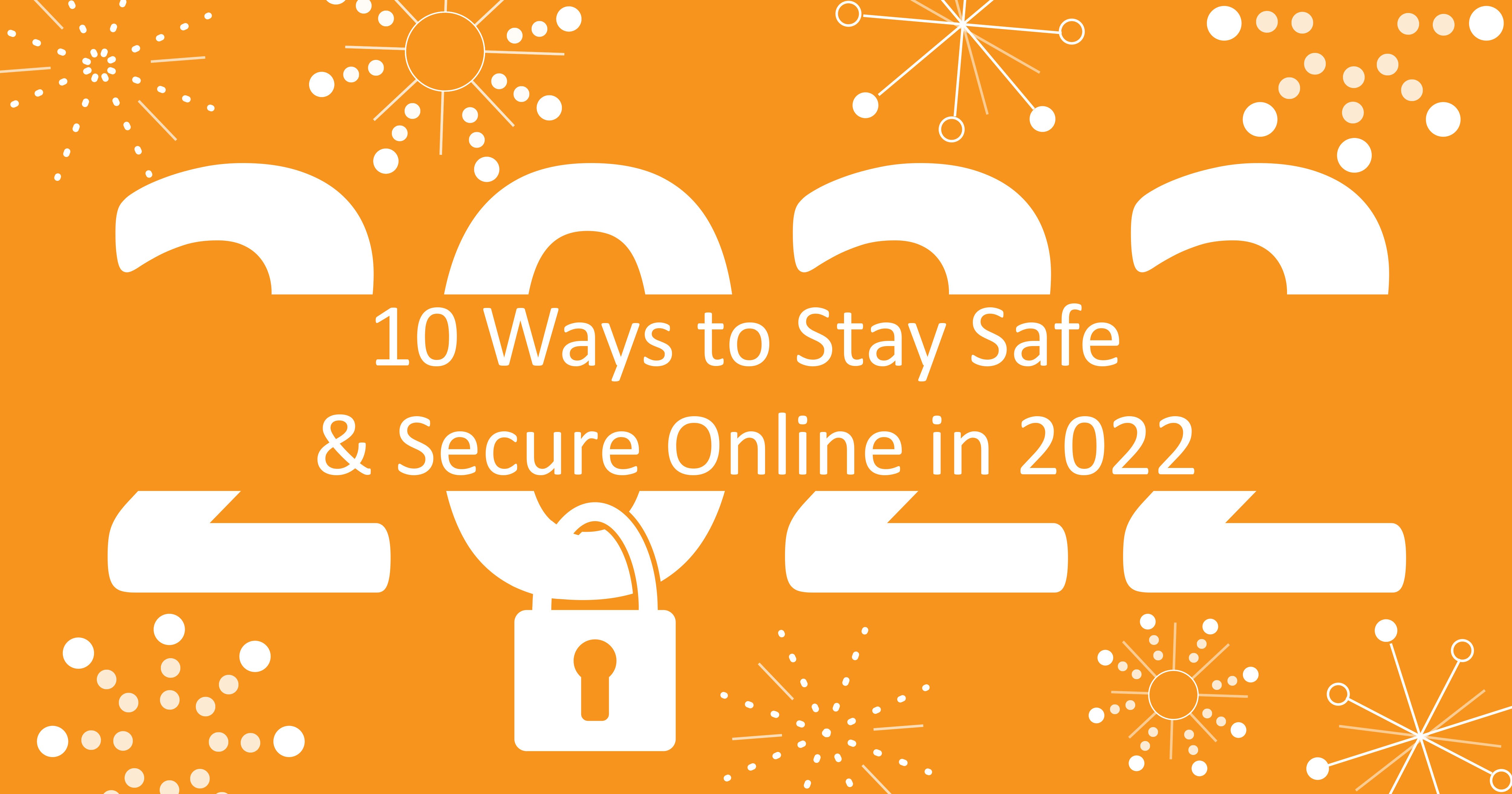
Stay safe this new year and secure yourself and your loved ones online with these ten tips from our cloud expert.
1. Don't email or text personal information:- With very little information such as your full name, birth date, and your home address, cybercriminals can do so much damage.
- Avoid replying/reposting/commenting on those "generator" images as hackers utilize them to collect information that could be an answer to your security question.
- See an email from an address that you do not recognize? Go ahead and delete it without even opening it. Often those have malware or spyware attached to them that could infect your endpoint device.
3. Set up, two-factor authenticators
- Cyber-attacks have increased over the years and, a countermeasure to those has been two-factor authenticators. Always opt-in for them whenever you can, as it may be the one thing that stops someone from accessing your account because it requires you to verify your identity by entering a code that you get by text to your phone or email.
4. Avoid using unsecured public Wi-Fi and get a VPN
- Unsecured public Wi-Fi is vulnerable to predatory practices that can compromise your data. If you need to use public Wi-Fi, avoid plugging in personal, financial, or social security information into ANY website.
- The safest way to avoid all that hassle is to invest in a VPN (Virtual Private Network) that will encrypt the data you send and receive. A VPN will make it much harder for cybercriminals to intercept your data. We especially recommend this for those always on the go while working.
5. Back up all those holiday photos regularly...and your data
- Once a victim of a cyber-attack there is a chance you lose all your data including little Timmy's first Christmas photos. Make sure to invest in an external hard drive and regularly back up your data.
6. Don't Use USB ports in public spaces
- Public charging ports for your devices can easily be compromised by hackers to steal your information while your phone charges. Use your charging adapter that plugs into the AC outlet. You can also use USB data blockers your phone can be charged but data transfer is blocked.
7. Educate the family
- Young and old family members are easy targets of cybercriminals. So, take a minute to educate them on some simple dos and don’ts of the cyber world.
- Set online boundaries of what can and cannot be posted such as a home address, phone numbers, pictures of the front of the house, licenses plates, etc.
- Talk about what a digital footprint is and how it can affect them moving forward in the future. Encourage positive interactions between them and others online. Just like in the physical world treat others the way you would want to be treated.
8. Use strong passwords
- Sometimes people make it too easy for a cybercriminal to log into their accounts by having simple passwords. Discover a pattern for creating long passwords that contain numbers and unique characters that you won't forget or write them down in a place you will never lose.
9. How to identify phishing scams in your inbox
- Scammers are getting good at creating email accounts and replicating emails that look authentic but are there to trick users into disclosing private account or login information. Whether it is within your family, small business, or a corporate company it is great to help anyone identify what is a phishing email could look like.
10. Keep your endpoint devices up to date
- Your best defense is to just make sure all your computers, tablets, laptops, and cellphones are up to date.
If you would like to learn more about how to keep you and your team secured this new year, contact us at sales@weareversatile.com










